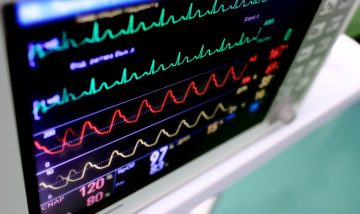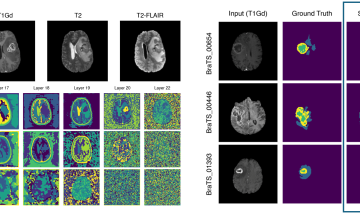HEART: Precise fluid determination through ECG signal analysis and AI
The HEART research project is investigating a non-invasive method for monitoring the body’s fluid requirements using ECG signals. In addition, AI-supported analyses of large amounts of data support precision medicine and offer patients considerable advantages.
The project aims to determine the body’s fluid requirements precisely and without intervention. Modern artificial intelligence methods are being used for this. They analyze large retrospective data sets and help to align treatment decisions more closely with individual criteria.
Challenges of long-term surgery and the need for precise hemodynamic monitoring
Healthy people normally regulate their fluid balance independently. However, this regulation does not work reliably during long surgical procedures or extreme stress. During operations with blood loss or high evaporation, anesthetists must therefore closely monitor fluid requirements. This is because significant deviations from the optimal range can cause serious complications. All currently available methods are invasive and require puncturing blood vessels. This increases the risk of complications. To date, there is no precise, easy-to-use and non-invasive method.
Analyzing large amounts of data: ECG signals as an indicator of fluid changes
The intended method is based on the assumption that changes in the fluid balance are also reflected in the cardiac conduction system. These changes can be detected in the ECG. The HEART team analyzes large amounts of data from the Kepler University Hospital Linz as well as from public databases. The aim is to detect correlations between ECG changes and fluid administration. The project uses deep learning methods such as CNN, LSTM and Transformer as well as classic machine learning approaches with manually extracted ECG features. The results will then be validated with prospective data in a follow-up project.
Diversity and representativeness: gender and age distribution in the data selection
When selecting data, HEART will pay particular attention to a balanced gender distribution and a representative age distribution in order to prevent data distortions and systematic forecasting errors. The analysis results obtained will be checked for their equally valid applicability to different subpopulations.
Potential of non-invasive monitoring for medicine, care and leisure
The implementation of this novel and disruptive method would provide a much-needed, reliable, cost-effective and user-friendly patient monitoring, with a number of benefits of a non-invasive method: for anesthesiologists, an easy-to-use but reliable first stage of advanced hemodynamic monitoring; for caregivers, a time-saving application that staff can be quickly trained in; for patients, reduced risk and potentially shorter hospital stays; for hospital operators, a cost-effective solution. An extended benefit of non-invasive haemodynamic monitoring could be in the area of extended (institutional) care or in the leisure sector. Low-threshold ECG measurements (e.g. wearables) could be used, for example, to measure the fluid requirements of senior citizens or extreme athletes.
The research work on HEART is being carried out in close cooperation with the Department of Anesthesiology and Intensive Care Medicine at the Medical Faculty of the JKU Linz and the Division of General Anesthesia and Intensive Care Medicine at MedUni Vienna.
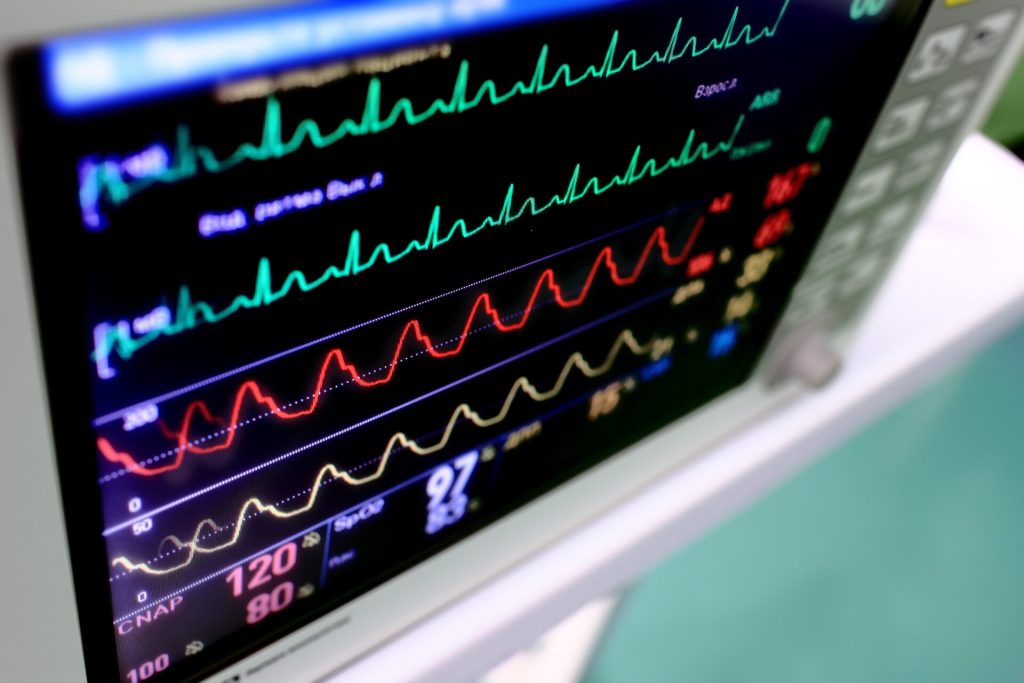

This project is funded by the FFG.
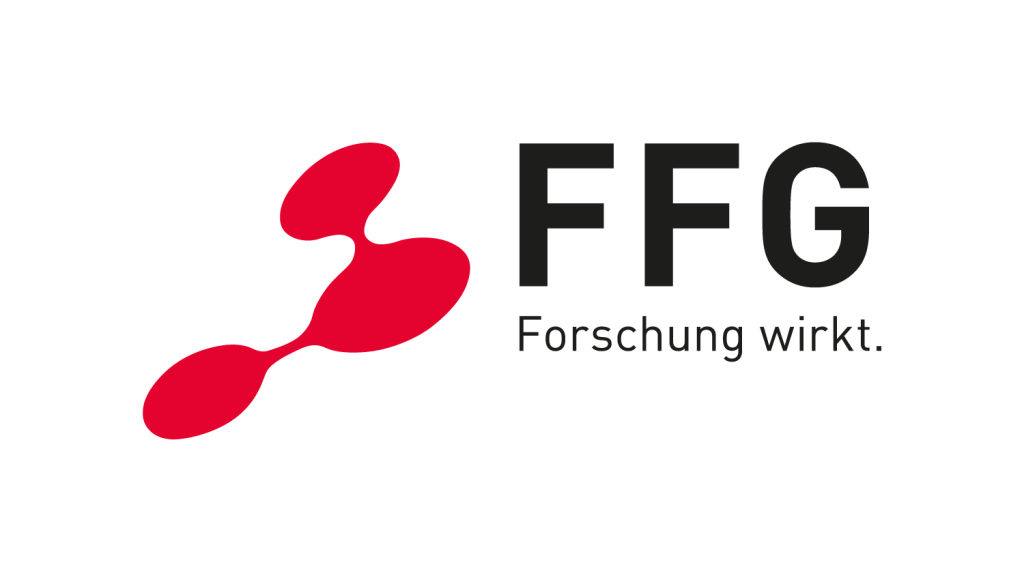
Project partners
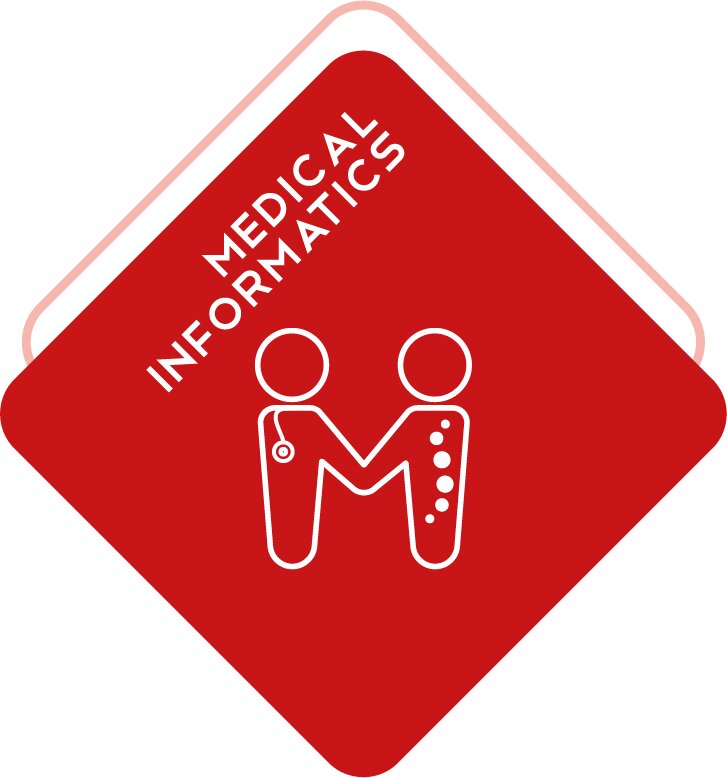
Project details
- Project short title: HEART
- Project long title: Healthcare Enhancement through Artificial Intelligence for Volume Replacement
- Call for proposals: Expedition Future – START – 3rd call for proposals
- Project partners:
- RISC Software GmbH
- Funding call: Expedition Future 2022
- Term: 9/2024 – 8/2025 (12 months)
Ansprechperson
Project management

Dr. Michael Giretzlehner
Head of Unit Medical Informatics
